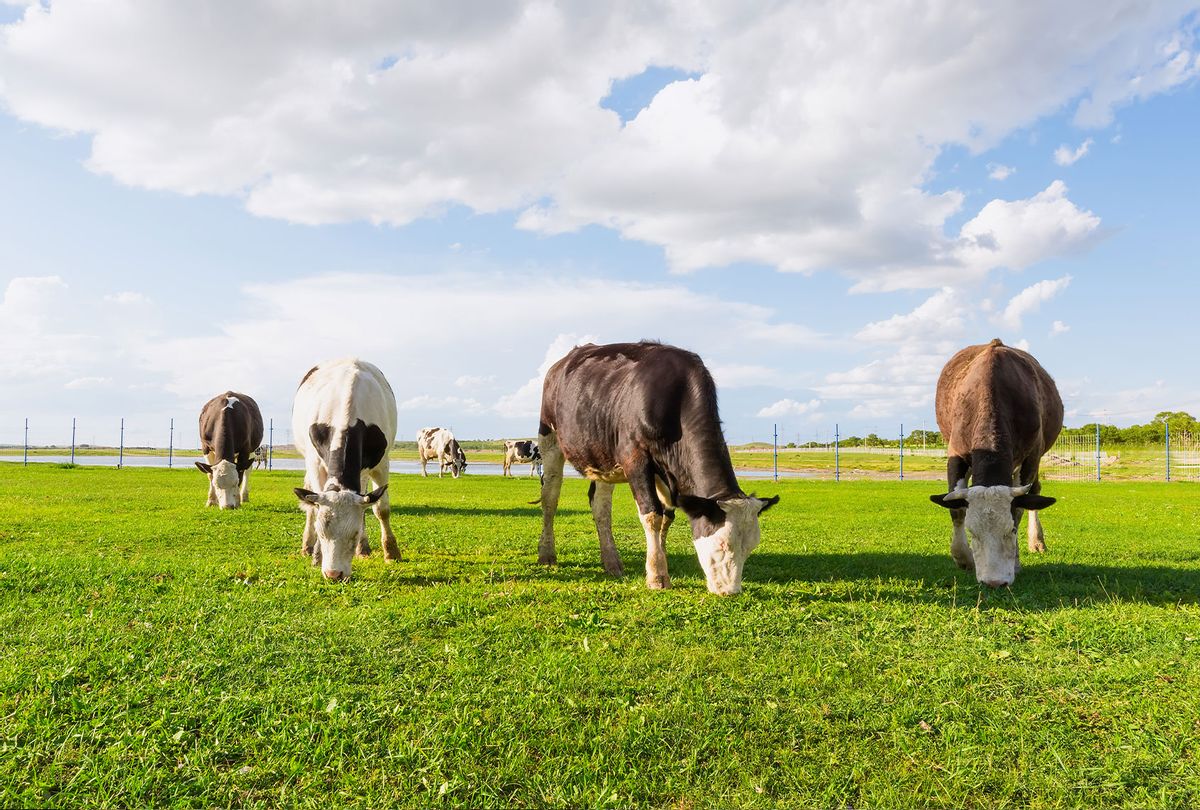What makes food regenerative?

Any day now, if you haven’t already, you’ll hear the word “regenerative” in relation to food or farming. You might even see it on some food packaging.
In late 2019, Whole Foods predicted it would be one of the biggest food trends of 2020. Now, 2020 ended up having other headlines that bumped regenerative out of the spotlight, but finally two years later, the buzzword is starting to hit the mainstream. But there isn’t total clarity for consumers about what this funny new word means. In a survey done earlier this year, only 19% of consumers were familiar with the term “regenerative agriculture.” You might be part of that 19% and still wonder what exactly it means. What does it tell you about how the food was produced? Is it different from organic, and if so, how?
Regenerative agriculture — agriculture that puts soil health at the forefront — is not a new practice, but it’s hitting the mainstream thanks to worries about climate change and a push to sequester carbon wherever we can. But that’s not all there is to regenerative either: a focus on creating complete on-farm ecosystems means that regenerative systems could produce food while using far fewer synthetic pesticides and fertilizers. All together, the various practices under the regenerative umbrella offer a way for agriculture to reduce (and maybe even reverse) the ecological harms of industrial agriculture.
But the term is a bit of a lightning rod for both fans and critics. Some of the criticism centers around fears that the lack of an official definition can lead to greenwashing. Some worry that companies might cherry pick certain emissions-friendly practices and then use the regenerative label without doing anything for soil health, while others fear that regenerative grazing of animals is a unhelpful distraction from the urgent mission of getting people to eat fewer animal products, period.
For this episode of What You’re Eating, we turn to trusted advisors and frequent podcast guests, scientist Dr. Urvashi Rangan and policy expert Patty Lovera, to talk us through some of those criticisms and concerns, explain the benefits of regenerative agriculture and help figure out when it’s being used as a buzzword, and when you can trust it’s the real deal.

